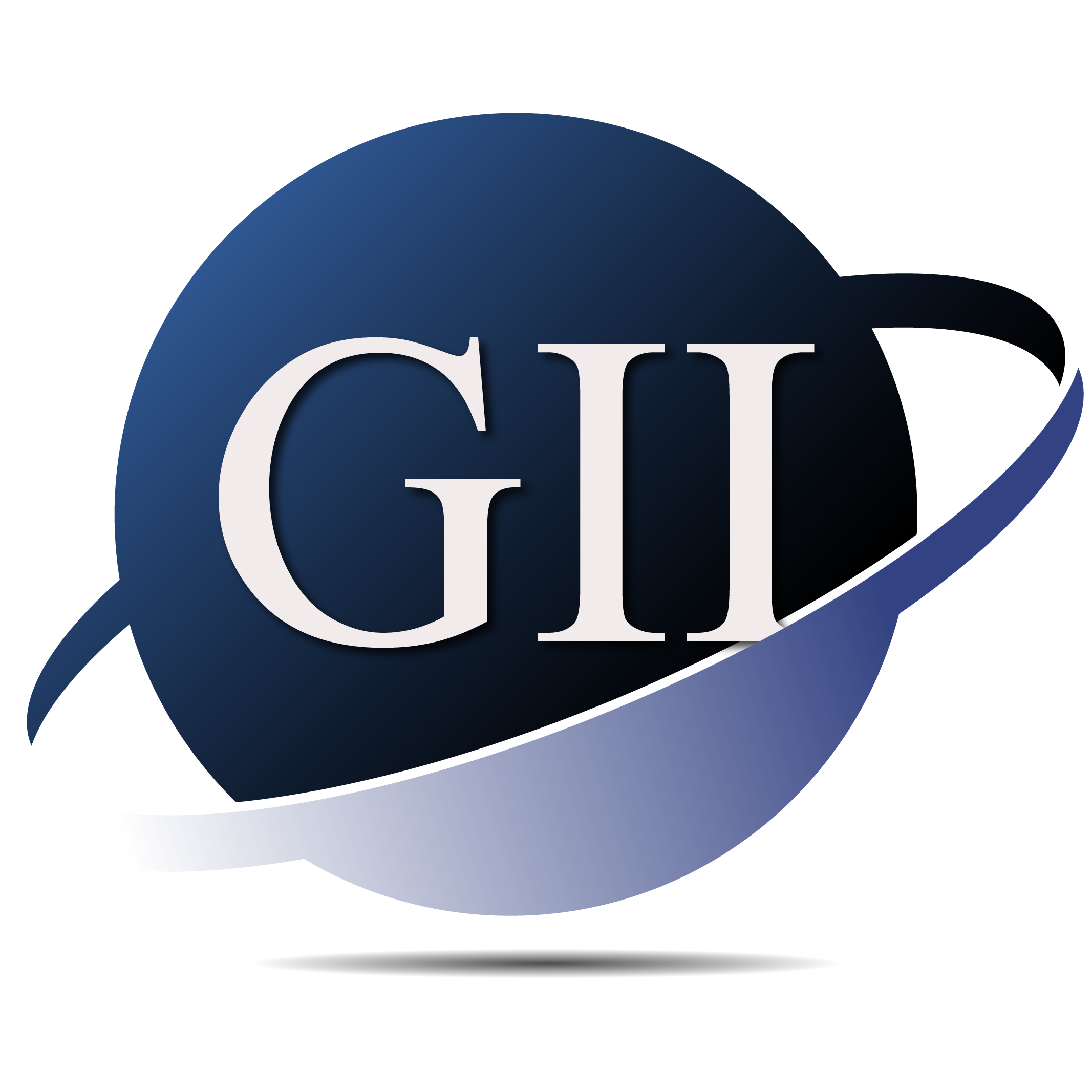About This Course
In a world striving for cost optimization and operational excellence, Mainte-
nance Planning and Scheduling has a great role in achieving these goals.
Maintenance Planning and Scheduling are mthe main tools for balancing
operational and maintenance eciency with operation and maintenance
costs, maximizing the ecient use of work time, material, and assets, and it can
increase workforce productivity from 25% to about 60% “tools in hand”.
The course will explain how to build an eective maintenance planning function
to play its great role in planning, scheduling, and coordinating maintenance
work, this will cover the main relevant aspects such as: Maintenance Planning
and Scheduling denitions, objectives, benets, business processes, roles and
responsibilities,
COURSE OUTLINE
Day 01 (UNDERSTANDING MAINTENANCE FIRST)
- Introduction
- Where is Maintenance in the Big Picture?
- Main Maintenance Types and Strategies
- Reactive Maintenance
- Run to Failure Maintenance
- Corrective Maintenance
- Preventive Maintenance (PM)
DAY 2 (UNDERSTANDING MAINTENANCE (CONT.), METHODS AND TOOLS IN MAINTENANCE & UNDERSTANDING MAINTENANCE PLANNING AND SCHEDULING)
- Condition Based Maintenance (CBM)
- Predictive Maintenance (PdM)
- Maintenance Strategy Selection Methodology
- Asset Criticality Assessment/Analysis as an example of the Maintenance Strategy selection tools
- Understanding Maintenance Planning and Scheduling
- Denitions
- Dierence between Planning and Scheduling
- Main Objectives of Maintenance Planning & Scheduling
DAY 3 (MAINTENANCE PLANNING AND SCHEDULING (CONT.), CMMS & WORK MANAGEMENT)
- Maintenance Planning and Scheduling Process
- The Six Maintenance Planning Principles
- Role of the Maintenance Planner
- The Six Maintenance Scheduling Principles
- Role of the Maintenance Scheduler
- Necessary Elements for Planning & Scheduling
- Planning System Necessities
- Tools Necessary for Efective Maintenance Control System
- Computerized Maintenance Management System (CMMS) as a main
- Tool for Maintenance Planning, Scheduling, and Work Control
- CMMS Objectives and benets
- CMMS main modules and functions
- CMMS Failure Codes
- Work Management and Control through the Work Order System
DAY 4 (CMMS, WORK MANAGEMENT (CONTINUED) & SPARE PARTS MANAGEMENT)
- Backlog Management (through the Work Order System)
- Standardized Maintenance Work Management Process
- Step-1 Work Identi cation and Prioritization
- Step-2 Work Planning (including Job estimating methods)
- Step-3 Work Scheduling
- Step-4 Work Execution
- Step-5 Completing the Work
- Step-6 Review, analyze, and improve
- (wrench time,
- Schedule compliance, etc.)
- Spare Parts Management and Optimization
- MRO Spares Management and Control
DAY 5 (SPARE PARTS MANAGEMENT (CONTINUED.), PROJECT MANAGEMENT, KEY PERFORMANCE INDICATORS (KPIS), AND BENCHMARKING
- Planning, Scheduling, and Materials Management
- Spare parts procurement process
- Basics of inventory management
- Project Management Principles and Practices
- Bar Charting Plans and Activities
- Critical Path Method (CPM)
- Tracking Plans and Progress with Tracking Bar Chart and Critical Path
- Key Performance Indicators (KPIs)
- KPIs denition and Objectives
- Leading and Lagging KPIs
- Types of Planning and Maintenance Key Performance Indicators (KPI)
- Examples of Important Key Performance Indicators (KPIs)
- Benchmarking against the Industry’s Best Practices
- What is Benchmarking?
- What are the objectives of Benchmarking?
- Examples of world-class benchmarks
- This course is relevant to mid-career professionals and senior managers from
- varied disciplines including:
- Maintenance Planning (Planners, Schedulers, Engineers, Leaders, and Managers)
- Maintenance (Engineers, Supervisors, Section Leaders, Team Leaders, and
- Mangers)
- Reliability (Engineers, Section Leaders, Team Leaders, and Managers)
- Integrity (Engineers, Section Leaders, Team Leaders, and Managers)
- Operation (Engineers, Section Leaders, Team Leaders, and Managers)
